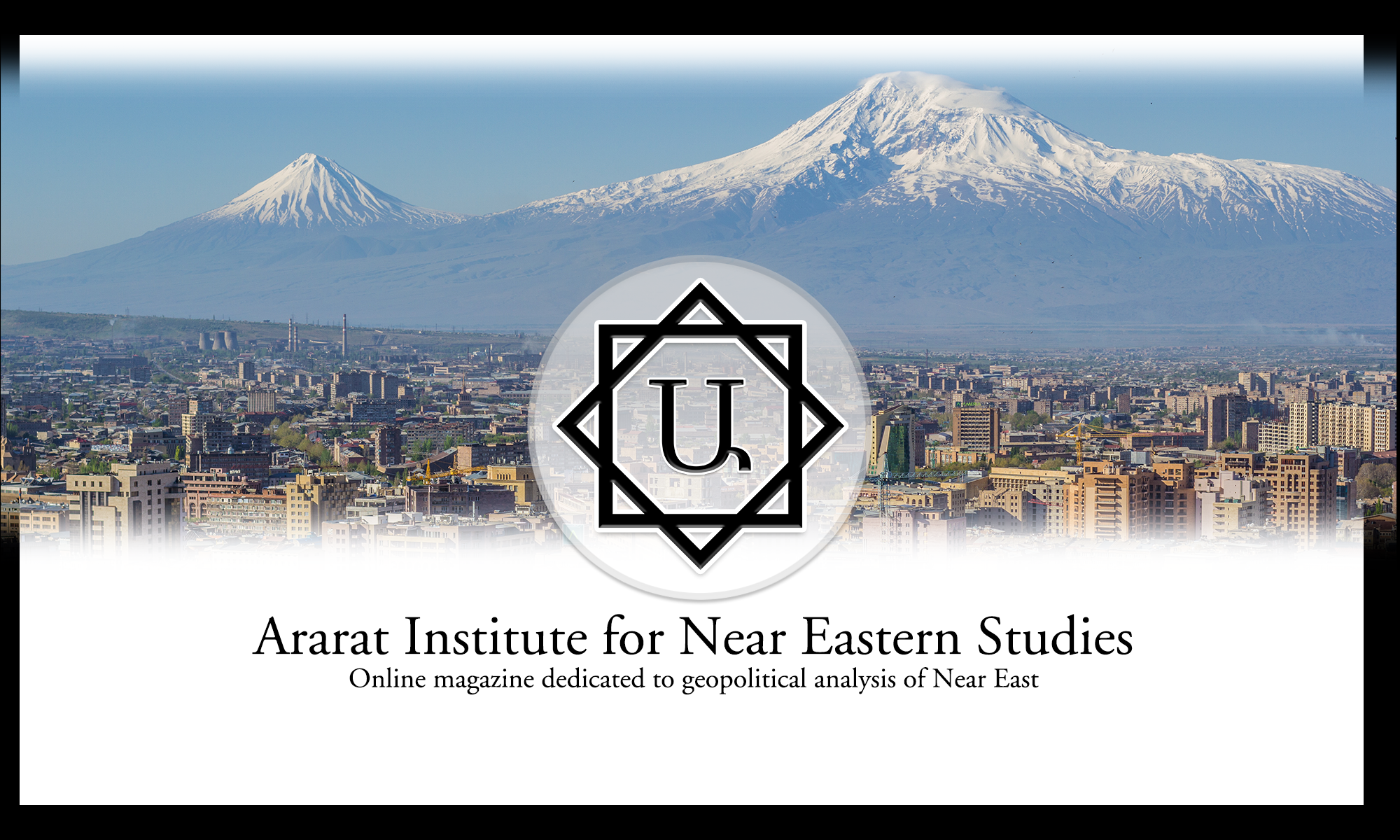By Grigor Hakobyan
Summary:
The 2023 was marked with many missed opportunities, another act of genocide by Azerbaijani armed forces and forceful removal of the entire Armenian population from Artsakh. Specifically, despite multiple visits by high ranking Western leaders, including a large delegation from the U.S. Congress, who offered support and cooperation with Armenia in exchange for moving away from Russia, the present leadership of Armenia failed to do so, and continues to remain within Russian-led organizations such as CIS, CSTO and EEU, despite the fact that they provide very little to no gain for the Armenian national interests. Furthermore, its continued membership in Russian-led organizations limits the room for diplomatic maneuvers for Armenia and denies opportunities to acquire potent and top of the notch western weapon systems to enhance its defense capabilities against upcoming Azerbaijani military aggression that may span the entire territory of the Republic of Armenia.
Unless the political and military leaderships in Armenia make rapid changes to diversify its economy, foreign exports, develop energy independence, truly reform its military and reorient its foreign policy fully towards the West, and replace its security treaties with Russia by similar treaties with the western powers, Armenia is going to face the next war with Azerbaijani-Turkish-Russian coalition all on its own, with low chances of withstanding such an invasion. It may possibly lose its national sovereignty over much of its internationally recognized territories, if not the entire country. It is necessary to remove Russian military presence from Armenia and invite Western countries to station their bases in Armenia to prevent Azerbaijan from launching its all-out war against Armenia. The time to make rapid and significant changes is rapidly shrinking, and if any more hesitation continues, Armenia will lose its chance to avoid the resumption of war with Azerbaijan.
Continue reading “Armenia: Review and Outlook 2023-2024”


